Consumer Goods & Retail Supply Chain
Item: EL145
This module examines all aspects of the supply chain and supply chain management in a consumer goods company. Scroll down for course objectives and detailed content. This class is also eligible for 2.0 NASBA CPE credits.

![]() In stock
In stock
Description
Consumer Goods & Retail Supply Chain
This module starts by explaining what supply chain management is and what its key goals are. It gives examples of supply chain structures in several market segments. The class defines the various types of inventory in a consumer goods supply chain and their ownership. It addresses demand forecasting verses sales forecasting and lost sales estimation. It explains various techniques and strategies for minimising inventory needs throughout the supply chain and addresses a variety of supply chain challenges. It also covers key processes and supply chain key performance indicators. This is a module of the Consumer Goods Industry suite.
Who Is It Suitable For?
This program is designed for:
- People who sell or market to consumer goods companies (consumer packaged goods and consumer durables).
- New hires to consumer goods manufacturers as part of their induction program and IT teams and others who need to understand the consumer goods business more fully.
Course Objectives
By the end of this module learners will be able to:
- Generalize the concept of supply chain management and differentiate its constituent parts
- Map out high-level supply chain processes
- Identify areas where supply chain performance can be improved and quantify the impact of some of those improvements
- Identify where technology can assist in supply chain improvements
- Describe some of the key performance objectives specific to supply chain management
Detailed Content
The detailed content includes:
- Supply chain objectives
- What is supply chain management?
- Key goals for supply chain management
- Example apparel supply chain
- Demand Forecasting vs Sales Forecasting
- Supply chain verses demand chain
- Lost sales estimation
- Inventory types
- Finished goods inventory types
- Inventory ABC analysis
- Inventory – how much do we need?
- Forecasting
- Parallelism and postponement
- Parallel textile industry supply chain
- Sourcing
- Supply chain challenges
- Product costs, shrinkage and waste
- Supply and demand imbalance (the bullwhip effect)
- Security and counterfeiting
- Sales and operations planning (S&OP)
- Collaborative planning and replenishment (CPFR)
- Global data synchronization network
- Compliance – track and trace
- Key performance indicators
- Supply chain management applications
- Summary
- Mastery test
- Learners completing the mastery test and obtaining a 70% pass mark will also receive a mastery certificate upon completion.
Benefits of Studying This Program
Learners studying this program will gain familiarity with the consumer goods industry faster, shortening their path to full productivity. They will understand consumer goods supply chains in detail and be able to spot improvement opportunities for their organisation or their target accounts.
Customer Feedback
A survey of over 240 of our learners rated this class in response to 4 key questions as follows:
1. Has this course helped you achieve your personal goals?

2. Has this course helped you do your job better?

3. How likely would you be to recommend the course to a friend or colleague?

4. How would you rate the course overall?

Hours of Study
The average learner will complete this class in 2 hours.
Resources Included
The class includes the following downloadable resources for printing and review:
- Summary of module
- Corona virus white paper addressing how retailers and consumer goods companies are impacted by the Corona virus pandemic
Pre-Requisites Necessary
None, but it would be helpful to have studied Consumer Goods Industry Overview program or to have previous Consumer Goods sector experience.
After This Program
This program is a module from our Consumer Goods Industry Suite. The next logical program in developing learners’ knowledge will depend on your learning goals, but will most likely include further modules from Consumer Goods Industry Suite. You can get more guidance from the Career Paths section of this web site.
Video
Please allow Cookies to view video content
Customer Reviews










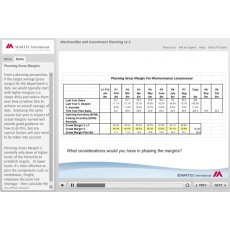

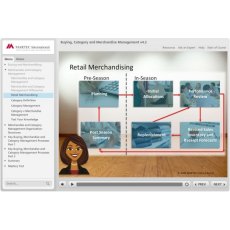

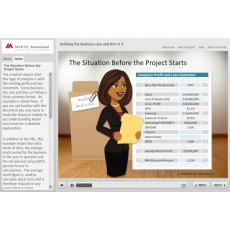



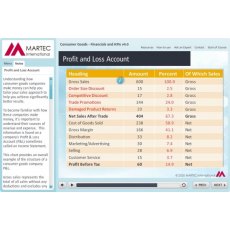

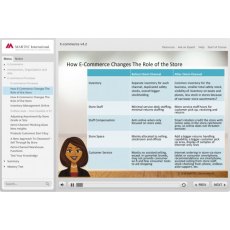
Share & Forward To A Friend
Share
Consumer Goods & Retail Supply Chain | Martec
Facebook Twitter Email Pinterest Telegram